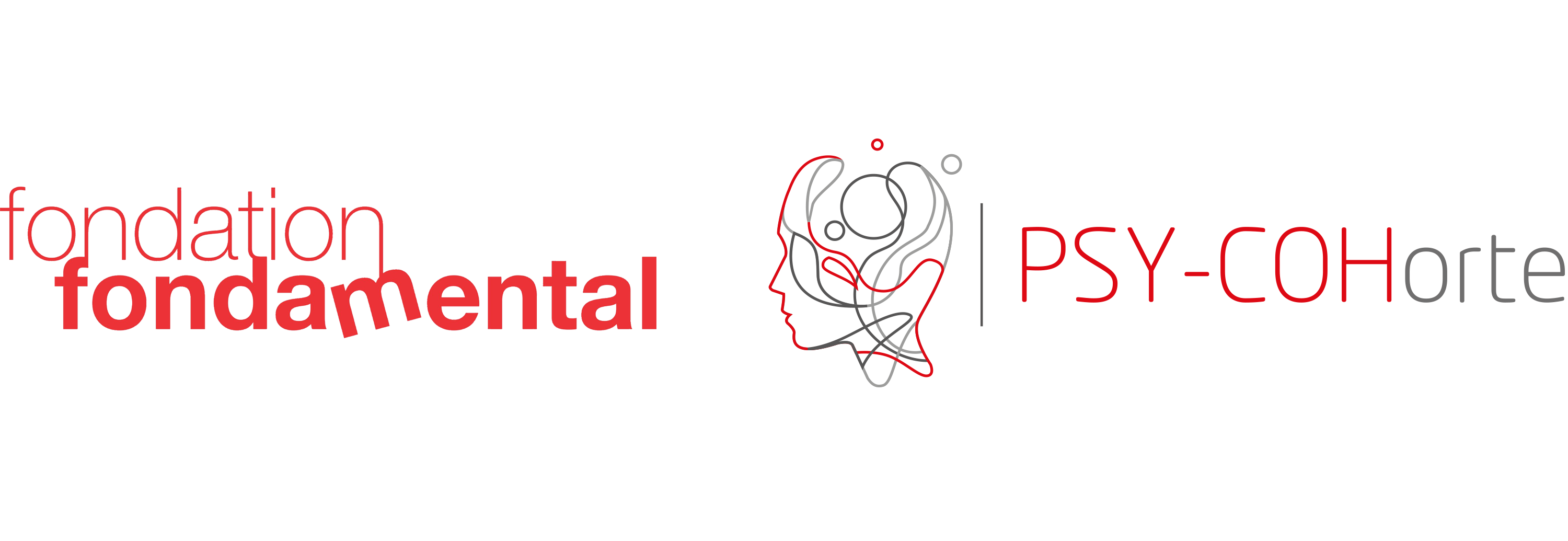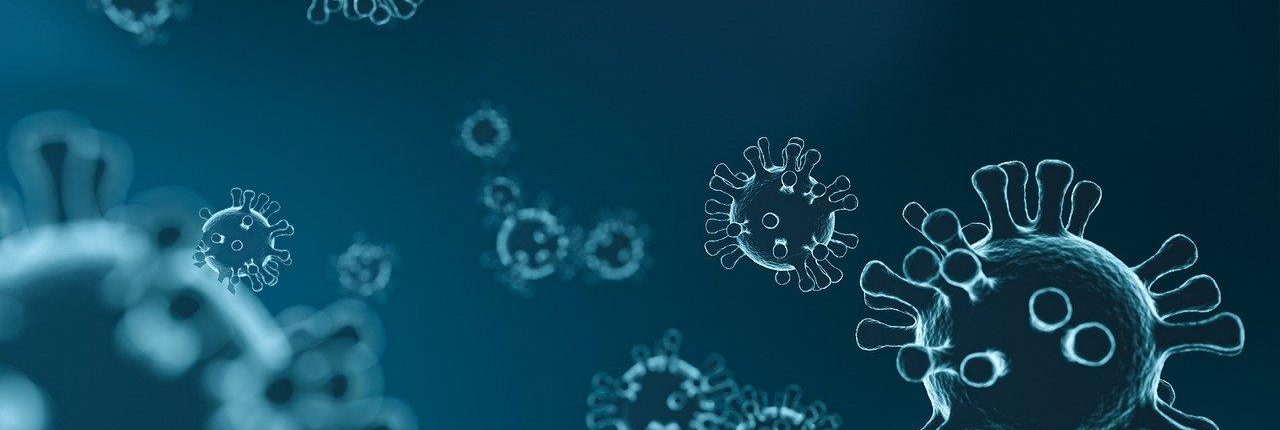
PSY-COHorte-Bipolaire, qu’est-ce que c’est ?
C’est une cohorte nationale sur les troubles bipolaires. Son objectif principal est le recueil et le suivi de données cliniques, économiques, environnementales, socio-démographiques et biologiques afin de décrire et caractériser les différents stades d’évolution de la pathologie et d’identifier des marqueurs biologiques associés à chaque stade. PSY-COHorte-BP sera constituée de 800 personnes atteintes de troubles bipolaires seront suivies pendant la durée du programme.
PSY-COHorte-BP est une étude du programme PSY-COHorte. Ce programme se décline également pour le suivi de patients atteints de schizophrénie (PSY-COHorte-SZ).
Le programme PSY-COHorte s’appuie sur le réseau national des Centres Experts FondaMental et sur un réseau de laboratoires de recherche (Inserm, CEA, CNRS, Institut Pasteur,…).
Au nombre de 43 et hébergés au sein de services hospitaliers, les Centres Experts FondaMental sont spécialisés dans l’évaluation, le diagnostic et l’aide à la prise en charge des troubles bipolaires et de la schizophrénie.
PSY-COHorte est une étude clinique qui obéit à la réglementation et la législation en vigueur sur la recherche biomédicale. Elle a été autorisée par l’Agence Nationale de Sécurité du Médicament et des Produits de Santé et a reçu un avis favorable d’un Comité de Protection des Personnes. Elle respecte également les dispositions de la loi informatique et liberté.
Avancement et publications du programme Troubles Bipolaires
Characterization of depressed bipolar patients with current suicidal ideation.
Allostatic load, emotional hyper-reactivity, and functioning in individuals with bipolar disorder.
Trajectories of medication adherence in patients with Bipolar Disorder along 2 years-follow-up.
Clinical characteristics of bipolar disorders with postpartum depressive onset.
Clinical predictors of recurrences in bipolar disorders type 1 and 2: A FACE-BD longitudinal study.
Sleep quality and emotional reactivity cluster in bipolar disorders and impact on functioning.
Neuropsychological functioning, age, and medication adherence in bipolar disorder.
Outcomes of bipolar patients referred to the French specialized network: a 2 year-follow-up study.
Pourquoi est-ce important de participer ?
Votre participation contribue à mieux comprendre la maladie, à identifier de nouveaux outils diagnostiques et pronostiques et à faire émerger des nouvelles pistes thérapeutiques.
Quels sont les objectifs de PSY-COHorte-BP ?
• Décrire et mieux caractériser les différents stades évolutifs des troubles bipolaires en fonction de critères cliniques, psychologiques et biologiques ;
• Identifier des facteurs biologiques et environnementaux associés à l’évolution de la maladie;
• Construire une plateforme de recherche sur les troubles bipolaires permettant la mise en place de projets de recherche visant à améliorer les outils diagnostiques et thérapeutiques pour les patients atteints de troubles bipolaires.
Qui peut y participer ?
Les hommes et les femmes :
• répondant aux critères de troubles bipolaires du DSM-IV ;
• dont le premier épisode de la maladie a eu lieu il y a moins de 5 ans.
En quoi consiste la participation à la PSY-COHorte-BP ?
En tant que participant, vous aurez rendez-vous une fois par an, pour une évaluation clinique, dans l’un des Centres Experts FondaMental pour les troubles bipolaires le plus proche de votre domicile. Il vous sera également demandé une prise de sang tous les deux ans.
Comment participer ?
Contactez-nous par mail à psycohorte.bp@fondation-fondamental.org Nous vous orienterons alors vers le Centre Expert FondaMental le plus proche de chez vous.
Lors du premier rendez-vous, un document d’information vous sera remis, ainsi qu’un formulaire de consentement éclairé. Ces documents vous apporteront toutes les précisions sur le déroulement du projet, son calendrier, les indemnisations prévues (participation, prise en charge d’une partie de vos frais de transports …).
personnes atteintes de troubles bipolaires seront suivies durant le programme.
Pour continuer à améliorer la qualité scientifique de la cohorte, les inclusions sont prolongées jusqu’au 31/12/2020 et les suivis jusqu’au 31/12/2024
Direction scientifique du projet PSY-COHorte-BP :
Investigateur coordinateur :
Pr Philippe Courtet
CHU Montpellier
Fondation FondaMental
Responsable scientifique :
Pr Marion Leboyer
UPEC, AP-HP, Insert
Fondation FondaMental



